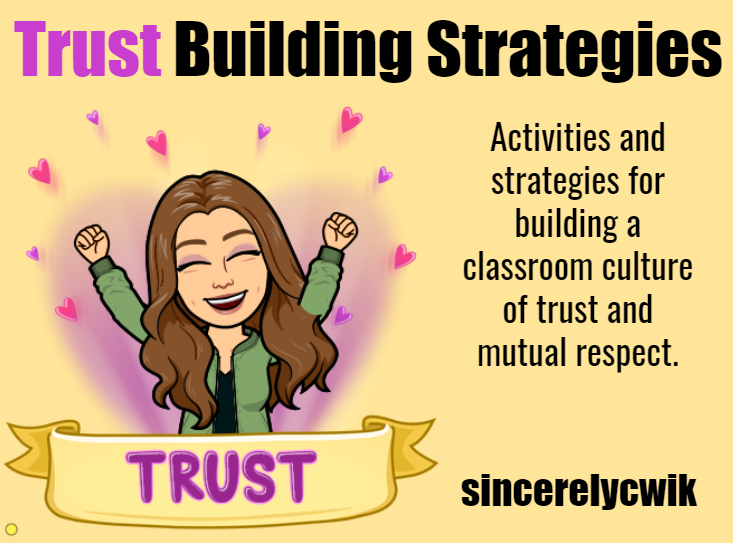|
I’m not good at secrets. In fact, the other night I was writing in my journal, and I tried to write down every secret I still had. I could only come up with five. (And, honestly, I am fighting the urge to write them here). Talking and writing have always been my best way of healing, so secrets just don’t last long with me. The same applies with students. I would say I am hugely transparent with them - probably TOO transparent to be honest. Like secrets, I don’t hide my reactions well. My department chair and close friend always tells me to “Check your face!” before department meetings. My expression gives me away every time, so honestly, it’s easier to be an open book than try to hide anything. That said, the biggest upheaval of my life, which happened last spring and deepened the first week of school this August, is something that I chose to keep from my students. But now, days after graduation, I am fielding all the Facebook friend requests from them, and I am terrified they’ll scroll a little too far back and find out that for more than nine months, I was keeping something from them. Something that changed me inside and out. That I was pretending to be something I wasn’t. But we all wear a mask sometimes, right? Having battled mental illness for years, there have been countless times where I had to plaster on a smile when I felt horrible inside. And when a student has complained about a faculty member that I too dislike - I’ve sought out good qualities and complimented the teacher. Yet somehow, as I watched them graduate last weekend, I felt as though I had been inauthentic. That I had hidden too big a piece of the person I have become. For them, it’s inconsequential. They don’t know what they didn’t know. For me, it’s not so easy. In fact, I am writing this in the hopes I’ll come to terms with keeping such a big secret from the students that - frankly - pulled me through the worst of it. I know the dangers of oversharing with students. Simultaneously, I hate that I lied by omission. I feel the mutual respect and trust I’ve built with students is always derivative of my openness and honesty. So what can I do when my authentic self is too much to share? The other day, I was talking with one of my readers about trust-building activities, and I realized that for me, I’ve always built that trust out of this transparency. No secrets. No “because I said so.” No deflected questions. Having faced this time where transparency wasn't possible, I recognize that I need some other strategies too. Here is what my personal learning network and I came up with:
Those are the ideas I've scrounged up. As I hear from more people, I’ll keep adding to the list! sincerely, Cwik
2 Comments
|
Archives
February 2024
AuthorSteph Cwikla has been a teacher since 2012, focusing on ELA curriculum. Now, she also works as an instructional coach, helping other teachers improve engagement and instruction. |

 RSS Feed
RSS Feed